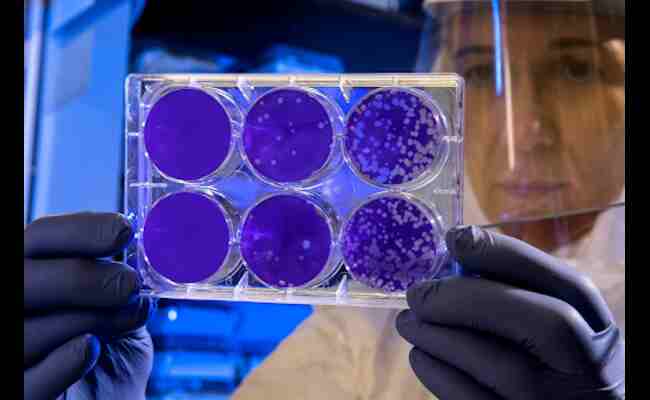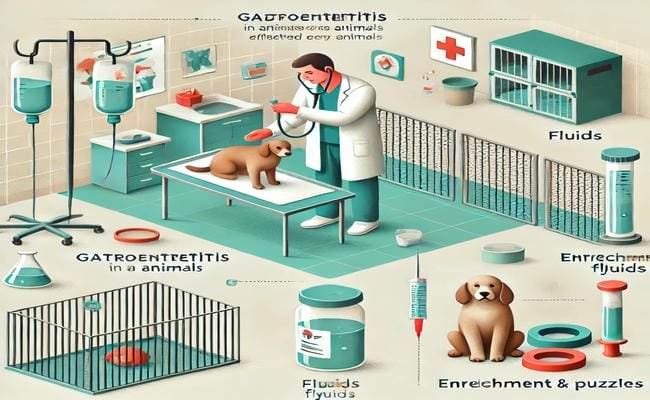
From Solar to Wind: Breaking Down the Different Forms of Green Energy
August 10, 2023
Discovering Western Australia: The Ultimate Guide to Perth
September 6, 2023Useful Information You Should Know About Regenerative Medicine is our today’s topic. Regenerative Medicine, a rapidly growing field at the intersection of biology and medicine, is revolutionizing healthcare with its potential to repair, replace, and regenerate damaged tissues and organs. This innovative field, backed by decades of research and ongoing clinical trials, leverages the body’s capacity to heal itself, offering novel solutions for conditions once considered untreatable.
From chronic diseases to degenerative conditions, regenerative medicine stands at the forefront, promising a future where healing is not just about palliating symptoms but restoring health. In the ensuing sections, we will delve into the world of regenerative medicine, exploring its potential, current applications, and how it is poised to redefine healthcare in the 21st century.
Useful Information You Should Know About Regenerative Medicine

Potential and Promise of Regenerative Medicine
Regenerative Medicine holds immense potential in tackling a plethora of health conditions, especially those that are hard to treat with traditional methods. The fundamental premise of this field, to harness the body’s innate healing potential, is a powerful paradigm shift. It opens up possibilities for cures where none existed before, from regenerating damaged heart tissues after myocardial infarction to restoring insulin production in diabetes patients.
The promise of Regenerative Medicine is not just about managing disease; it’s about reversing it. You want to have the ability to restore normal functioning and improve quality of life through innovative treatments.
Current Applications of Regenerative Medicine
Regenerative Medicine is currently being used to treat a variety of diseases, from conditions like arthritis and tendonitis to diseases including multiple sclerosis and spinal cord injury. It also has great potential for improving outcomes in stroke patients, allowing them to regain lost mobility and independence. Clinical trials are underway to establish efficacy in this area, with the hope of bringing this therapy into mainstream medical practice.
In addition, regenerative medicine is being used to repair damaged tissues and organs caused by trauma or aging. For example, stem cell-based treatments are under investigation for bone defects where traditional therapies have failed. This field has also made strides in the area of regenerative skin therapy, where stem cells have been used to regenerate hair follicles and treat chronic wounds such as ulcers.
Restore Hormonal Balance
For instance, certain hormone levels naturally decrease over time and can cause a variety of health issues such as fatigue, decreased libido, and depression. However, Hormone Replacement Therapy (HRT) using stem cell-derived growth factors can help revitalize these hormones, restoring balance and improving overall health. It is believed that this therapy can help reduce symptoms of menopause and other hormone-related issues.
The purpose of this type of therapy is to restore normal levels, as well as maintain them for restoring balance and vitality. The potential to use Regenerative Medicine in this way could revolutionize the management of hormonal imbalances.
Redefining Healthcare
The field of regenerative medicine is rapidly evolving, and new treatments are emerging at a rapid pace. With its potential to cure diseases and restore vital functions, it has the capacity to redefine healthcare as we know it. The possibilities are endless, from repairing damaged organs to regenerating nerve endings and stimulating new stem cell growth. In the future, regenerative medicine could become the cornerstone of healthcare, revolutionizing how we think about disease prevention and management.
Moreover, this field will improve our understanding of the body and its capabilities, leading to a greater appreciation for its ability to heal itself. It is an exciting time for regenerative medicine, with its potential to create revolutionary treatments and advances in healthcare that were inconceivable just a few years ago.
Challenges and Ethical Considerations in Regenerative Medicine
While the prospects of regenerative medicine are vast and transformative, it is not devoid of challenges and ethical considerations. One of the primary roadblocks in the field is the need for a wider scientific understanding of the mechanisms underlying tissue regeneration and repair. This includes understanding the intricacies of cell differentiation and the body’s healing response.
Moreover, the ethical considerations pertaining to the utilization of stem cells, specifically those obtained from embryonic sources, must not be disregarded. The acquisition, utilization, and proper disposal of these cells necessitate the implementation of rigorous ethical frameworks to uphold reverence for human life and dignity.
Furthermore, ensuring equal access to these potentially life-altering treatments is another challenge that needs careful consideration. The high costs associated with regenerative therapies may limit their accessibility, creating disparities in healthcare outcomes. As the field progresses, it is crucial to address these issues to harness the full potential of regenerative medicine, ensuring it serves as a tool for advancing human health and equity.
The Future of Regenerative Medicine
As we continue to explore the depths of regenerative medicine, the potential for groundbreaking advancements in healthcare is indeed promising. We are already seeing a shift in the medical landscape, with regenerative therapies offering potential cures for conditions previously deemed incurable. Looking forward, we might see personalized treatments tailored to individual genetic makeup, and the prospect of bio-engineered organs and tissues replacing organ transplants.
However, the journey toward this future will require continued research, technological advancements, and an ethical and equitable approach to delivering these therapies. The future of regenerative medicine is not just about medical breakthroughs; it’s about transforming lives and shaping the future of human health.
Driving Innovation in Regenerative Medicine
The interplay between scientific research, clinical application, and technological innovation is driving the evolution of regenerative medicine. Novel technologies, like 3D bioprinting and precision gene editing, are unlocking new possibilities in tissue engineering and cell therapies. For instance, 3D bioprinting can create complex, multi-layered tissues that mimic natural human tissues, facilitating more realistic drug testing and potentially eliminating the need for animal testing.
Meanwhile, precision gene editing tools, such as CRISPR-Cas9, can modify the DNA of stem cells, opening the door for treatments of genetic diseases. The intersection of these technologies is creating an exciting new landscape for regenerative medicine, bringing us one step closer to a future where the human body’s regenerative capacity can be fully harnessed.
Regenerative medicine stands on the cusp of a new era in healthcare. Its potential to repair, restore and rejuvenate the human body is transforming conventional treatment approaches and offering hope for conditions once considered untreatable. However, the path forward is not without its share of obstacles. Significant scientific, ethical, and accessibility challenges must be overcome for this field to fulfill its promise. As our understanding deepens and technologies advance, the future of medicine may indeed be regenerative, paving the way for unprecedented improvements in human health and longevity. As we venture into this exciting frontier, it is imperative to ensure that the benefits of regenerative medicine are realized equitably, ethically, and responsibly.


